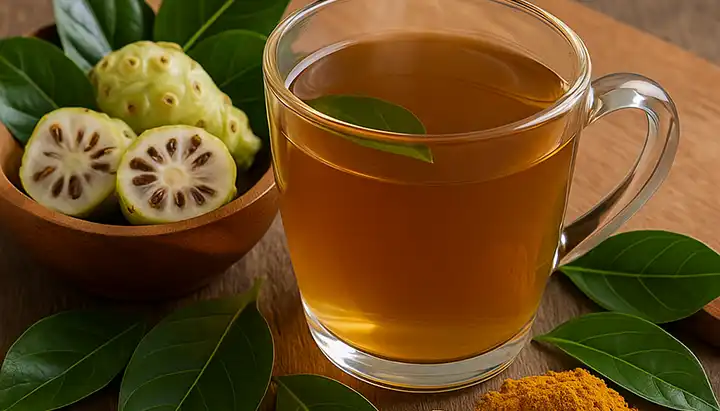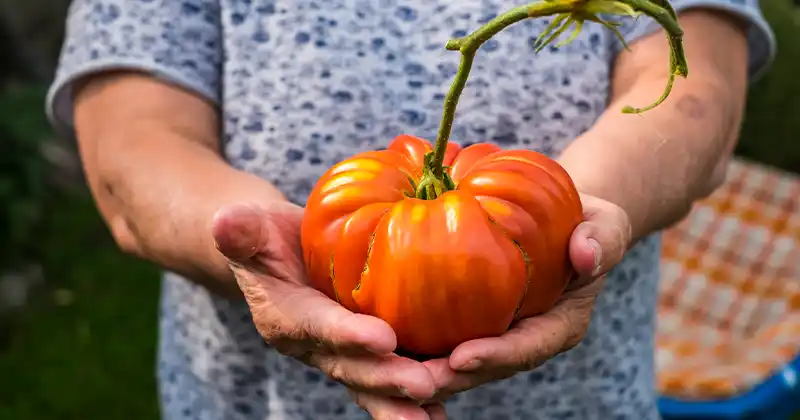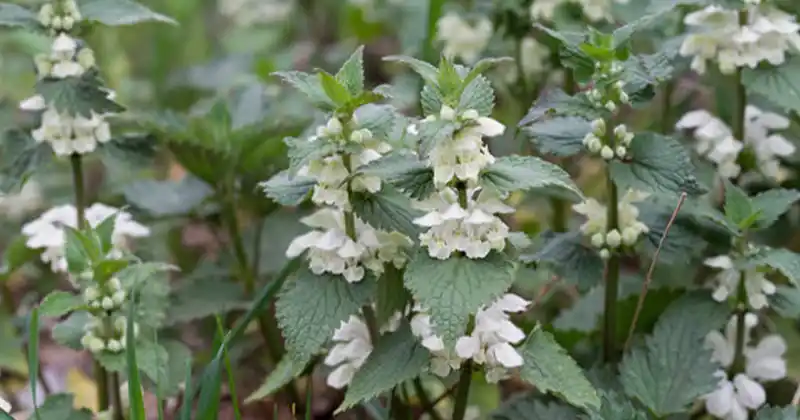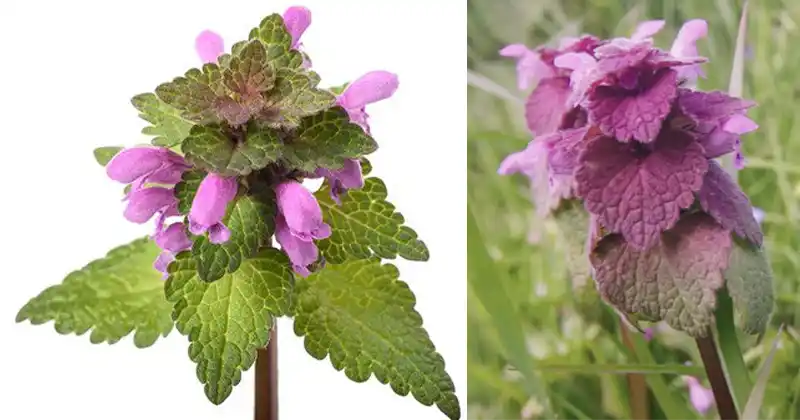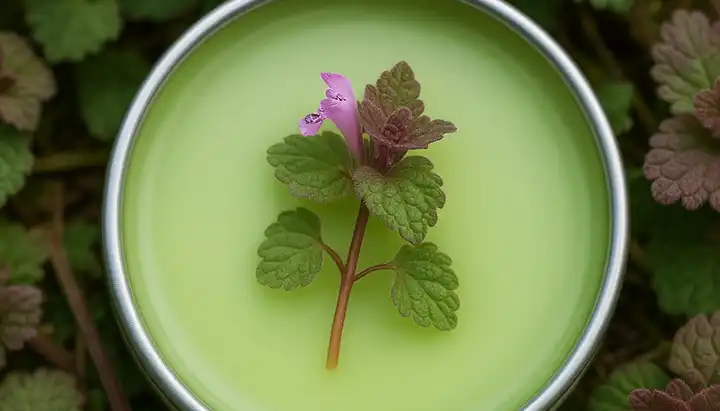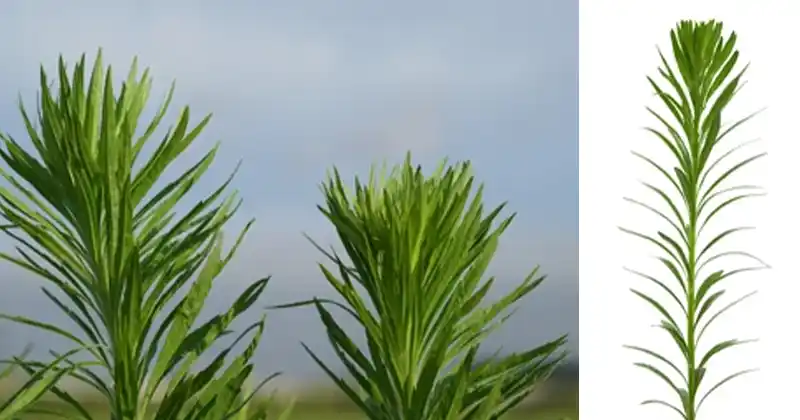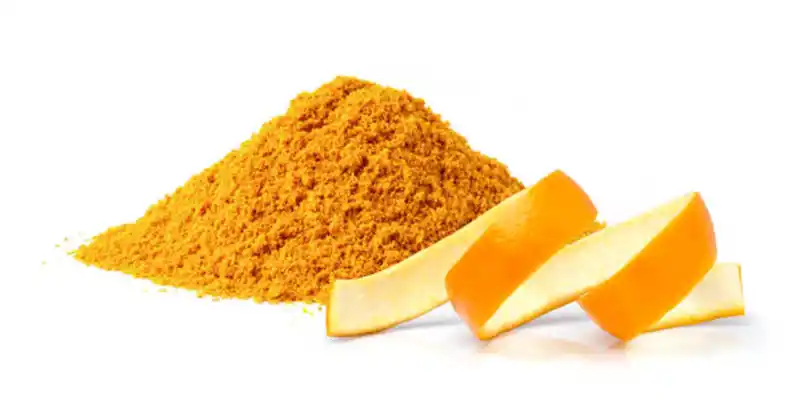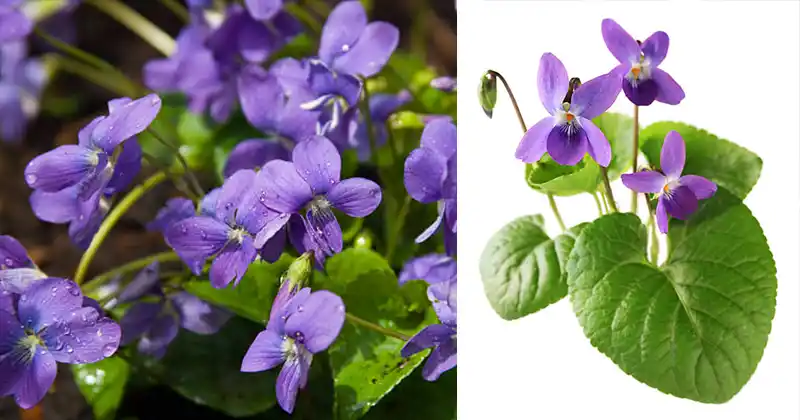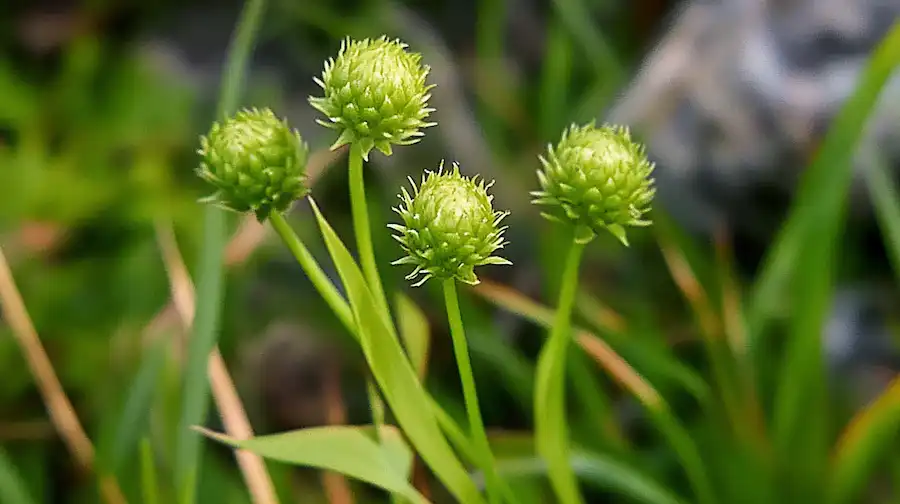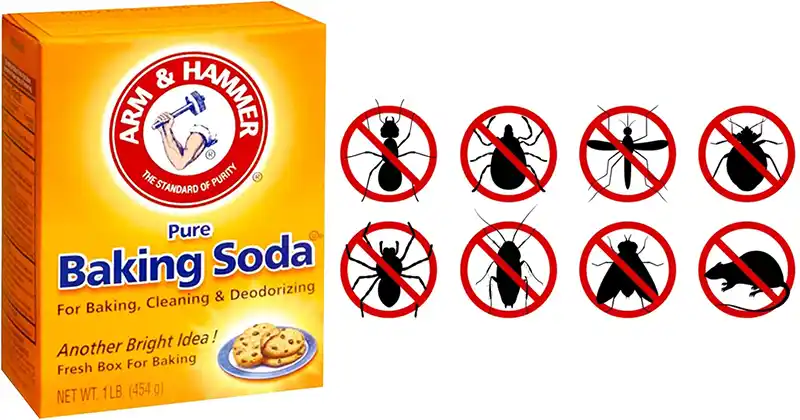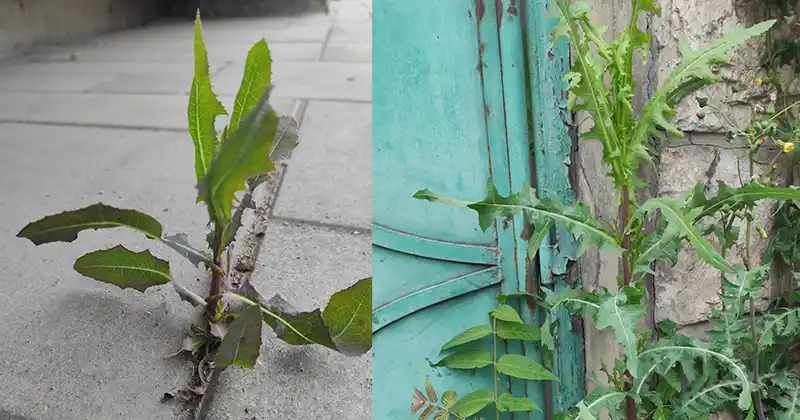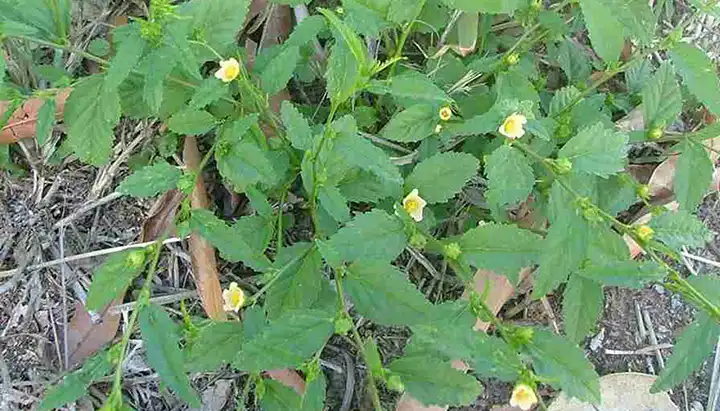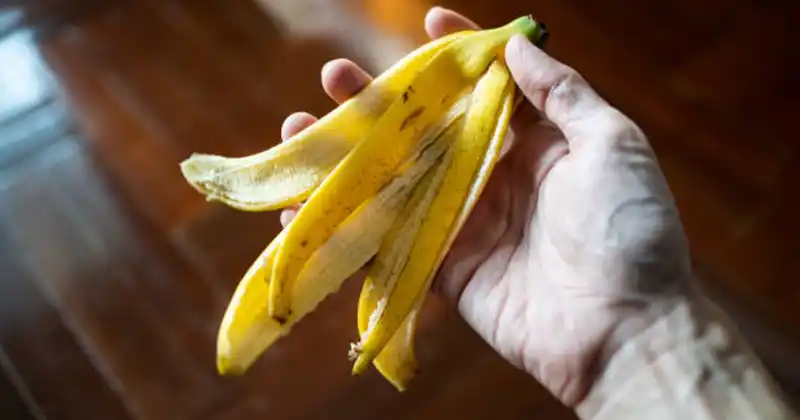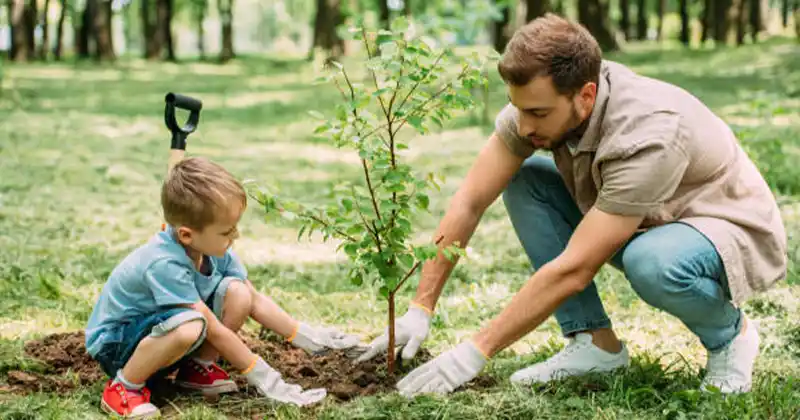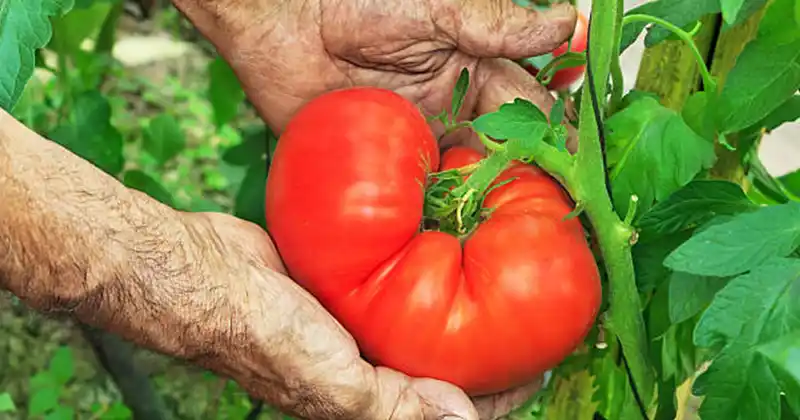Banishing Aphids and Scale Insects Naturally: Simple and Effective Solutions for Your Plants
Aphids and scale insects are common pests that can wreak havoc on your garden plants, causing damage and disease. Fortunately, there are several natural and simple methods to eliminate these pests effectively without resorting to harsh chemicals. This article will guide you through various strategies to protect your plants and maintain a healthy garden.
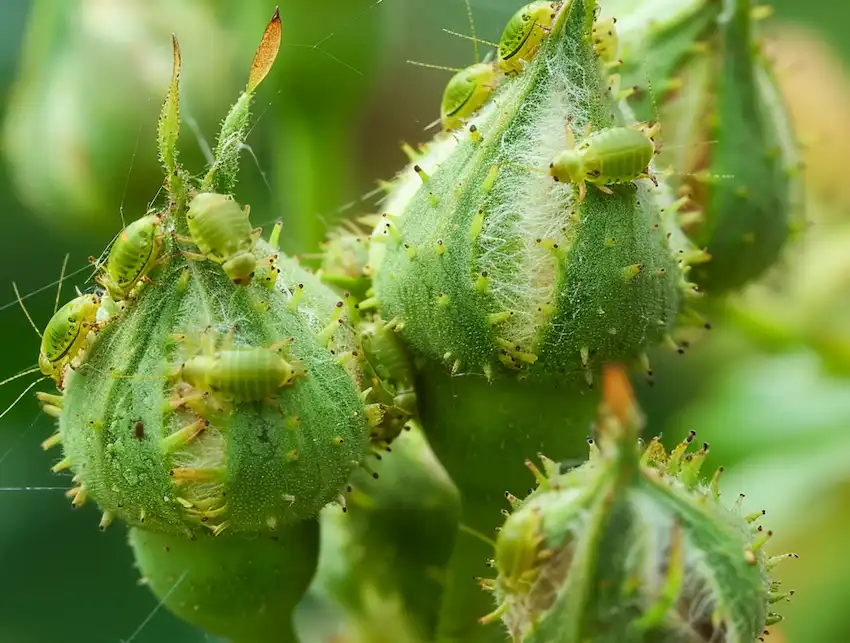
Understanding Aphids and Scale Insects
Aphids are small, soft-bodied insects that typically feed on the sap of plants, weakening them and potentially spreading diseases. They are often found in clusters on the undersides of leaves and on new growth.
Scale insects differ slightly as they attach themselves to the stems and leaves of plants and cover themselves with a protective coating, making them harder to remove. They also feed on sap, causing similar damage and stress to plants.
Preventative Measures
- Inspect Plants Regularly: Early detection is key. Regularly check your plants for signs of aphids and scale insects, focusing on the undersides of leaves and around new shoots.
- Encourage Beneficial Insects: Introduce or attract natural predators into your garden such as ladybugs, lacewings, and parasitic wasps. These beneficial insects feed on aphids and scales, naturally controlling their populations.
- Maintain Plant Health: Healthy plants are less susceptible to pest infestations. Ensure your plants are well-watered and nourished with appropriate fertilizers. Avoid nitrogen-rich fertilizers, which can promote lush growth that attracts aphids.
Natural Remedies to Eliminate Aphids and Scale Insects
- Neem Oil: An effective all-natural insecticide, neem oil disrupts the life cycle of aphids and scale insects without harming beneficial insects. Mix neem oil with water and a mild soap (as an emulsifier) in a spray bottle, and apply it to affected areas of the plant every few days until the pests are gone.
- Insecticidal Soap: You can purchase ready-made insecticidal soaps or make your own by mixing a few tablespoons of pure liquid soap (not detergent) in a quart of water. Spray directly on both aphids and scales to break down their protective layers and dehydrate them.
- Diatomaceous Earth: This is a powder made from the fossilized remains of marine phytoplankton. Sprinkle it around the base of your plants. When insects crawl over it, the sharp edges of the powder cut through their protective coverings, causing them to dehydrate and die.
- Garlic or Chili Spray: Both garlic and chili are natural repellents for pests due to their strong scents and potentially irritating properties. Blend a few cloves of garlic or some hot chilies with water, strain, and spray onto the affected plants to deter pests.
- Alcohol Spray: Using a solution of rubbing alcohol and water can be effective, especially for scale insects. Apply with a cotton ball directly onto the pests or spray lightly on infested areas.
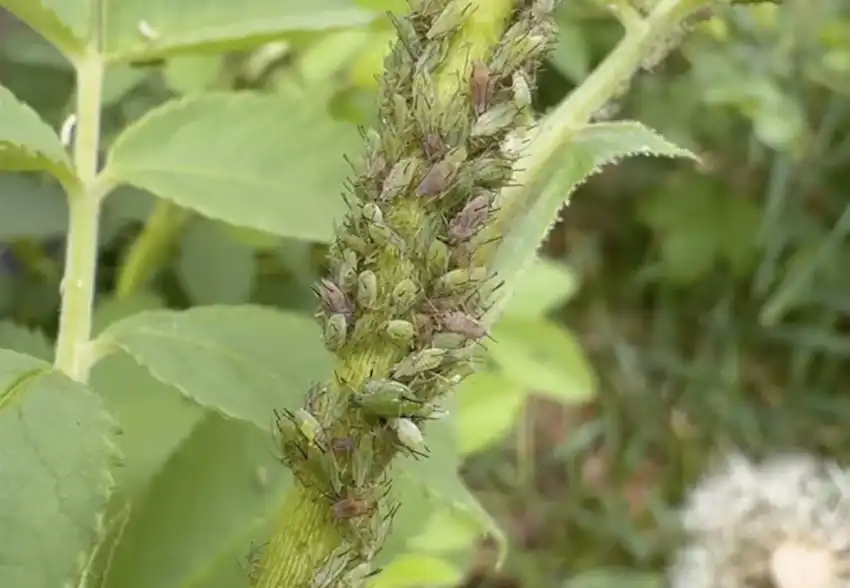
Cultural Techniques
- Pruning: Remove and destroy heavily infested branches and leaves to reduce pest populations and prevent their spread.
- Water Spray: A strong jet of water can help dislodge aphids from your plants. Regularly spraying your plants with water can also prevent dust buildup, which can attract pests.
- Sticky Traps: Place yellow sticky traps near your plants. These can catch adult insects and help reduce the overall population.
Managing aphids and scale insects doesn’t have to involve harsh chemicals. By employing a combination of preventative measures and natural remedies, you can protect your plants and promote a healthy, thriving garden. Regular vigilance and prompt action are key to keeping these pests at bay and ensuring that your plants remain vibrant and productive.
Inspired by this? Share the article with your friends!